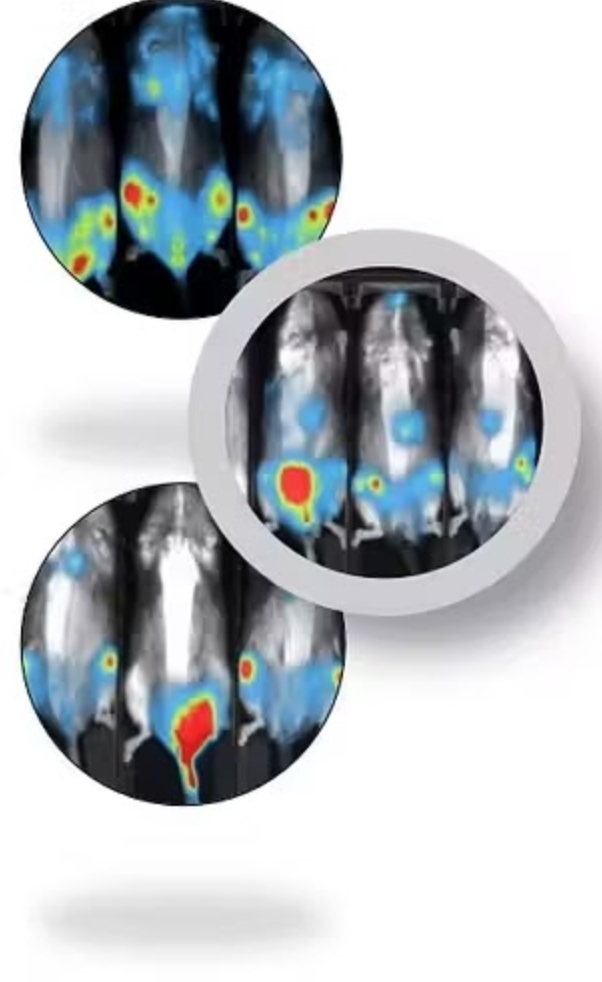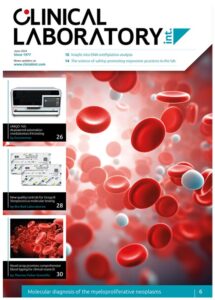TransCure bioServices delivers CDX mouse models to advance AML preclinical studies
TransCure bioServices has developed cell line-derived xenograft (CDX) mouse models that will change how researchers tackle the preclinical studies of cancer therapies to treat acute myeloid leukaemia (AML). These models enable deeper insights into the efficacy and toxicity of AML therapies, leading to the development of better treatments and bringing hope to the thousands of patients that receive an AML diagnosis each year.
AML starts in bone marrow and quickly spreads through the blood, affecting platelets and both red and white blood cells. Preclinical studies typically use standard mouse models to investigate AML therapies, but they are unable to recapitulate human immune responses to the condition (a significant factor that influences the disease) and thereby lack human-relevant efficacy once they reach clinical trials. Due to the fast progression and acute nature of the disease, inadequate mouse models struggle to effectively reflect AML development. Additionally, monitoring of preclinical treatment efficacy is hampered by the cancer cells spreading throughout the body.
The new AML mouse model will improve the human relevancy of preclinical studies.
The new AML mouse model is generated by injecting mice with AML luciferase tumour cell lines, enabling disease progression monitoring by bioluminescence imaging. Using this model, researchers will be able to more efficiently see how their AML therapies behave in vivo, while gaining an understanding of the functional characterization of AML pathogenesis.
“AML is the most common type of leukaemia in adults, yet the challenging nature of the disease means the 5-year survival rate is still under 30 percent,” said Dr Sébastien Tabruyn, General Manager and Chief Scientific Officer (CSO), TransCure bioServices. “Our new mouse model represents a significant advance for those trying to develop new AML therapies by providing a greater understanding of what AML looks like, and how treatments affect it.
In combination with our other research tools, including flow cytometry and immune profiling, we can support researchers to run more human-relevant preclinical studies and develop truly efficacious therapies for this aggressive cancer.”
For more information on TransCure bioServices’ new CDX models for AML, visit: https://transcurebioservices.com/news/what-can-we-do-for-you-new-cdx-models-for-aml-studies
Digital issue: Please click here for more information




